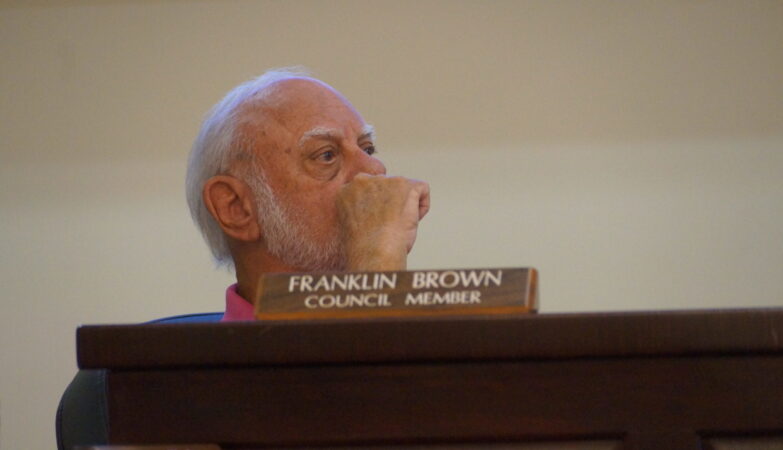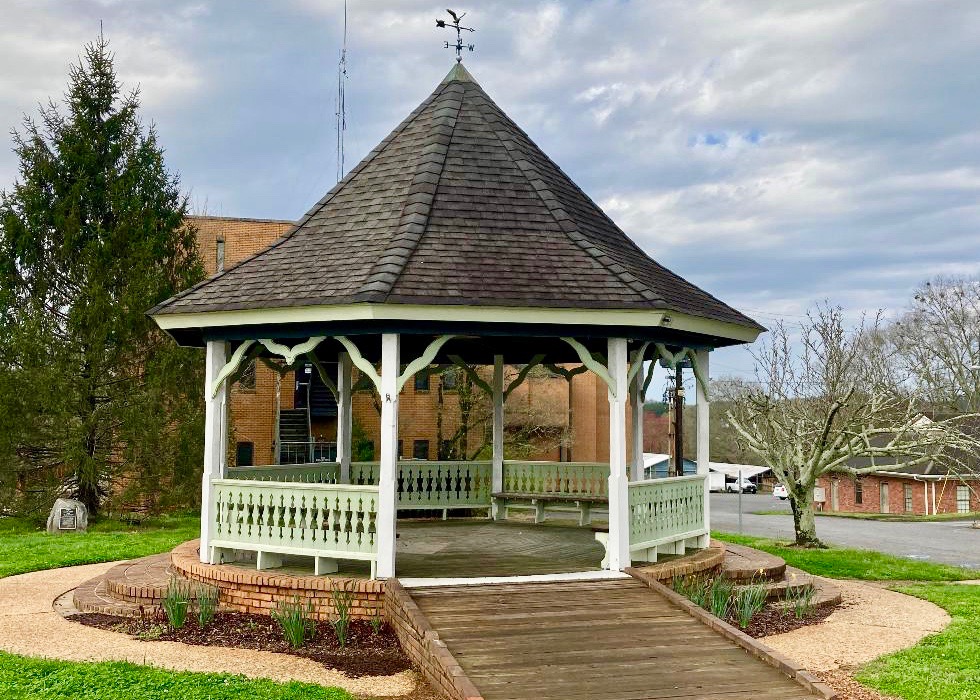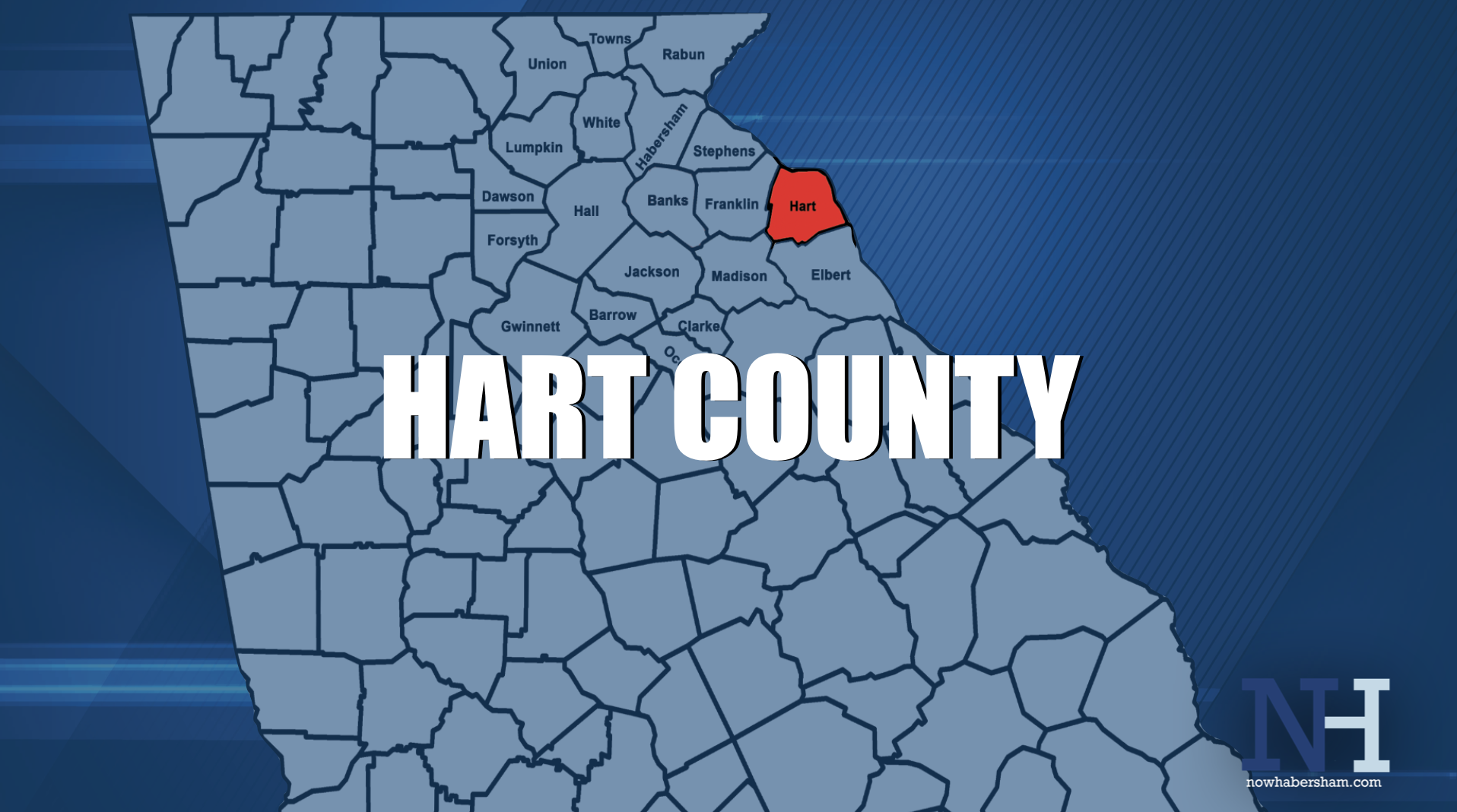
During their Monday meeting, the City of Clarkesville began preliminary discussions on the coming year’s budget and millage rate. But Clarkesville City Manager Keith Dickerson didn’t just talk about the city’s taxes and finances, he spoke about how he and others felt the allocation of some Habersham taxes hold developing downtowns back.
Clarkesville’s revenue and property taxes
With 89 percent of the City of Clarkesville’s revenue coming from taxes, and 70 percent of that revenue coming from property taxes, Clarkesville’s millage rate is a big deal when it comes to the city operating smoothly. Still, the city manager believes a millage rollback is possible.

“By bringing it [the millage rate] down, if the person’s home actually stayed the same value, their taxes will come down a little bit,” Dickerson says, referring to the county-wide property value increases citizens saw this year. “From what I hear, very few people’s homes actually stayed at the same value, so they’ll probably be paying the same amount of taxes they paid last year as they are this year. But the intent of the rollback is to allow them to do that.”
The proposed rollback would bring the millage rate from 6.35 mils to 6.11 mills.
Dickerson also discussed the growth of the city, which now has approximately 220 businesses, which he says have brought in $200 million over the past year in sales. “We are a tourist town,” he says. “People are coming here to shop and spend their money.”
Dickerson says that of the total, $70 million came in from historic Downtown Clarkesville.
Taxes out of the city’s control
Habersham’s downtowns are becoming destinations— during the COVID-19 lockdown when tourists searched for small destinations with outdoor, socially distanced getaways, Georgia officials reported that the state was fifth in the nation for domestic overnight trips. And after Cornelia’s major award from the Georgia Downtown Association, there’s no denying the cozy downtown atmosphere Habersham cities flaunt is getting noticed.
With the revenue the City of Clarkesville is generating, Dickerson expressed his frustration with the taxes Clarkesville shoppers pay that are outside of the city’s control— like how two-thirds of the county’s sales tax go to the Habersham County School System.
The 7 percent sales tax Habersham consumers pay doesn’t all stay in the county. 4 percent of the tax is state sales tax, and three percent stays in Habersham. Of that three percent, two percent goes to education and one percent is distributed between the cities and county.
The two percent that goes to the Habersham County School System is in the form of two tax types, an Educational Special Purpose Local Option Sales Tax (E-SPLOST), and a Local Option Sales Tax (LOST). The one percent sales tax split between the county and cities is in the form of a county-wide SPLOST, which Habersham voters overwhelmingly approved in November.
“We work hard to have a vibrant downtown, but it’s all the taxpayer’s expense,” Dickerson says.
In the county’s SPLOST information presentation, one of the goals listed for SPLOST was to make the county and its municipalities less reliant on property taxes and debt to fund major projects, but that hope isn’t realistic for Clarkesville.

The city manager says other cities, members of the community and even county officials share his frustration. The efforts cities make to rebuild and refurbish their downtowns don’t have funds allocated to them based on the sales revenue they make there.
“People want vibrant downtowns, that’s what it’s for; it’s to attract people here, to come into our towns and spend money,” Dickerson says. “That’s what the shopping is for, that’s what the nightlife is for. That’s what it’s all about. We’re not getting rich off of that; we’re not making money off of that. I mean, we’re trying to find money to restripe parking lots. And that’s what that money is supposed to be for. It’s supposed to be earmarked to go back in with the downtowns.”
The school system brought in over $31 million in local tax revenue and over $60 million in state and federal tax revenue in 2020. The county, on the other hand, brought in a total of $40.7 million through all tax, investment and service revenue combined in 2020.
RELATED: Habersham Superintendent responds to Clarkesville city manager’s tax revenue comments
“If the county schools are able to roll over that much money in a budget one year, and the cities are all struggling to make budget, that is the issue,” Dickerson said, with the city council in agreement.
Councilwoman Roxie Barron says that the discrepancy between the school system’s funding versus the funding the county and city receive has been a topic of discussion among citizens, city governments and on social media. “This is something that really needs to be addressed— even form a committee or something— to look at everything,” Barron said.
“And it might also be helpful for the community to understand exactly what is going on with the board of education, because that piece has been missing,” Councilwoman E. Lane Gresham said.
City projects and budget
Regardless of the financial obstacles the city is facing towards work on their downtown, the city’s early budget discussion showed plans for a slew of city projects.
Some of the many projects the city has discussed include improvements to the Mauldin House, water plant upgrades, sidewalk repairs and additions, paving projects, improving downtown aesthetics, a new dog park— and those aren’t even all of them.
While the city’s project list is certainly one to behold, especially with a strapped budget, Dickerson says many of the projects will be covered by SPLOST funds and the Biden Administration’s American Rescue Plan. Dickerson also expects to receive more funds in the form of property taxes from new construction within the city.
With these added funding options, the city is budgeting projects for the upcoming year. The budgeted expenditures for next year (which are still in the works) have Clarkesville’s Main Street budget set nearly $15,000 higher and the planning and development budget $2,638 dollars higher.
The city is hopeful to purchase new police vehicles with SPLOST funds, too. The Clarkesville Police Department could see a total budget increase of just under $100,000.
This article has been updated to property attribute quotes from Councilwomen Roxie Barron and E. Lane Gresham.






